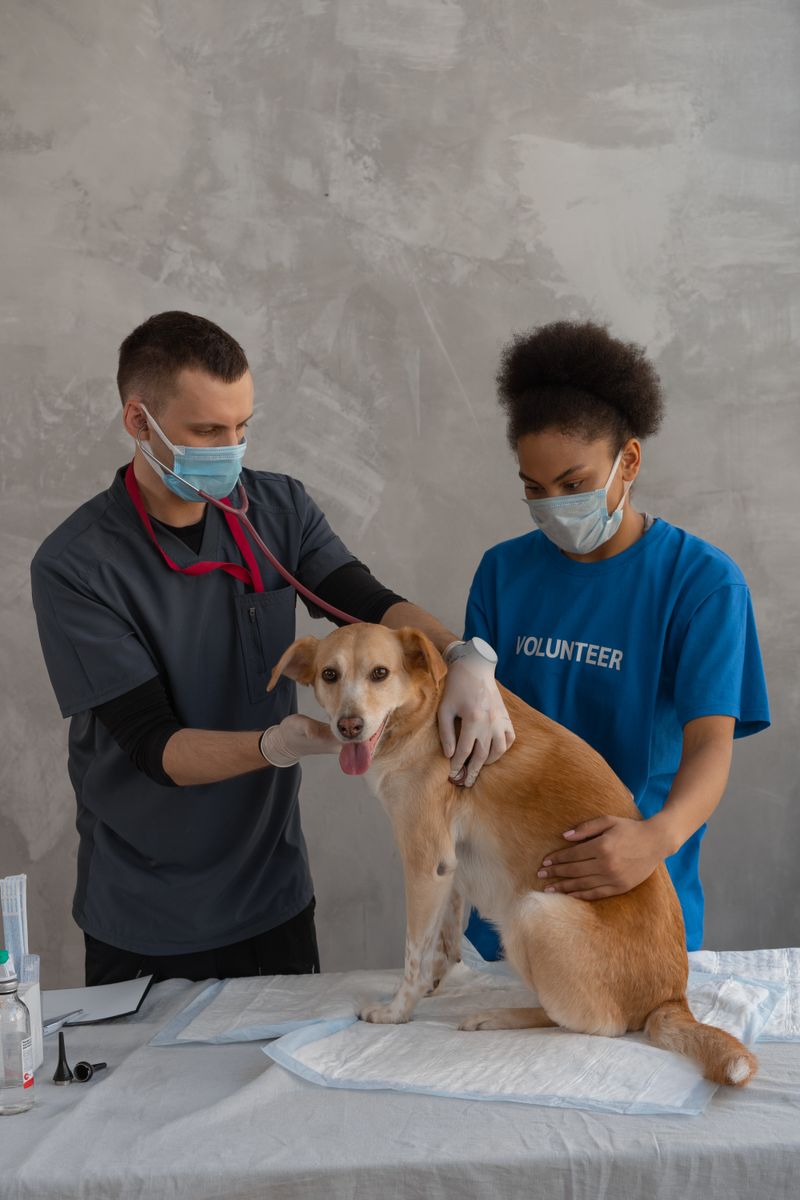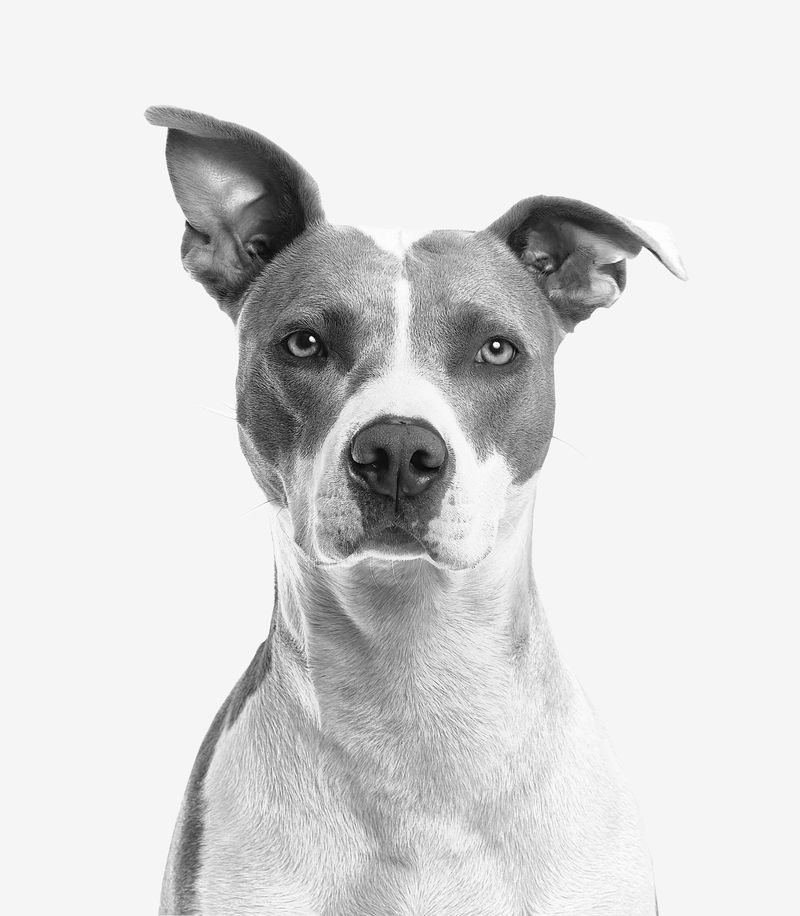狗的反芻和嘔吐的區別
- 2023/6/6 下午 05:27:20
Regurgitation vs. Vomiting in Dogs: Understanding the Difference
As pet owners, it is concerning to see our furry friends experience any sort of discomfort or illness. One common issue that dogs may experience is regurgitation, which is the passive expulsion of food or liquid from the esophagus before it reaches the stomach. While similar in appearance to vomiting, regurgitation differs in the source and characteristics of the expelled material. In this article, we will discuss the differences between regurgitation and vomiting in dogs, common causes, and how to care for your dog if they experience regurgitation.
Regurgitation and the Esophagus
The esophagus is a muscular tube that transports food and liquid from the mouth to the stomach. At the base of the esophagus is a ring-shaped muscle called the sphincter, which opens to allow food and liquid to pass into the stomach and closes to prevent the stomach's contents from flowing back into the esophagus. When a dog regurgitates, food or liquid is expelled from the esophagus before it reaches the stomach. Unlike vomiting, regurgitated material will not contain bile and will not have been broken down in the stomach, meaning it looks similar to when it was ingested. Regurgitation is a passive process that happens without the contraction of the diaphragmatic, abdominal, and intercostal muscles that are involved in vomiting.
Signs and Causes of Regurgitation
Regurgitation is typically a quick and effortless process and may be seen without any warning. It may appear as though the dog coughed up the food, liquid, or other material and is usually a mouthful. Unlike vomiting, retching and stomach heaving will not accompany regurgitation, although some dogs may retch during the process. If there is retching, it may be a sign that the dog is vomiting. The most common cause of regurgitation is when dogs eat or drink too quickly or have overindulged, and there is simply too much material for the dog to swallow comfortably. Food lodged in the esophagus, esophageal disease, and cancer can also cause regurgitation. Certain breeds, like Great Danes and Labrador Retrievers, are more likely to suffer conditions like megaesophagus, which can cause regurgitation.
Caring for a Dog with Regurgitation
If you notice your dog regurgitating, monitor them closely and provide fresh water. If regurgitation is a one-time occurrence, there may be no need to worry. However, if it becomes recurrent or the dog is also showing additional signs of illness, it is advisable to take them to a veterinarian. If you suspect your dog swallowed an object that has become lodged in their throat or esophagus, do not try to dislodge it yourself. A veterinarian will be able to remove the object safely.
If the dog has esophageal disease or cancer, early diagnosis can improve treatment and prognosis. Therefore, prevention and prompt treatment are critical for maintaining your dog's health and well-being.
Animal Welfare and Philosophy
Companion animals like dogs are beloved members of many households. They provide emotional support to their owners, offer companionship, and are loyal friends. As pet owners, it is our moral obligation to ensure we understand our pets' needs and provide them with the care and attention they deserve. Regurgitation in dogs can be a sign of underlying health issues and can cause discomfort, pain, and even death in certain circumstances if not treated promptly.
Animal welfare advocates argue that it is essential to recognize that animals are sentient beings with emotions, cognitive abilities, and the capacity to experience pain and suffering. Therefore, it is incumbent upon us to care for them, just as we would with any other vulnerable family member.
Editorial
Regurgitation is a common occurrence in dogs and should not cause alarm if it happens occasionally. However, it is essential to keep an eye on your dog and take them to a veterinarian if it becomes recurrent or if other signs of illness accompany the regurgitation. As pet owners, it is crucial to understand our pets' needs, including their health requirements, and provide them with the best care possible.
In conclusion, regurgitation in dogs differs from vomiting, and understanding the differences and underlying causes can be critical in caring for your pet's health. Additionally, recognizing and fulfilling our moral obligation to care for our pets' physical and emotional needs enables us to foster the human-animal bond and improve our pets' quality of life.

<< photo by Mikhail Nilov >>











